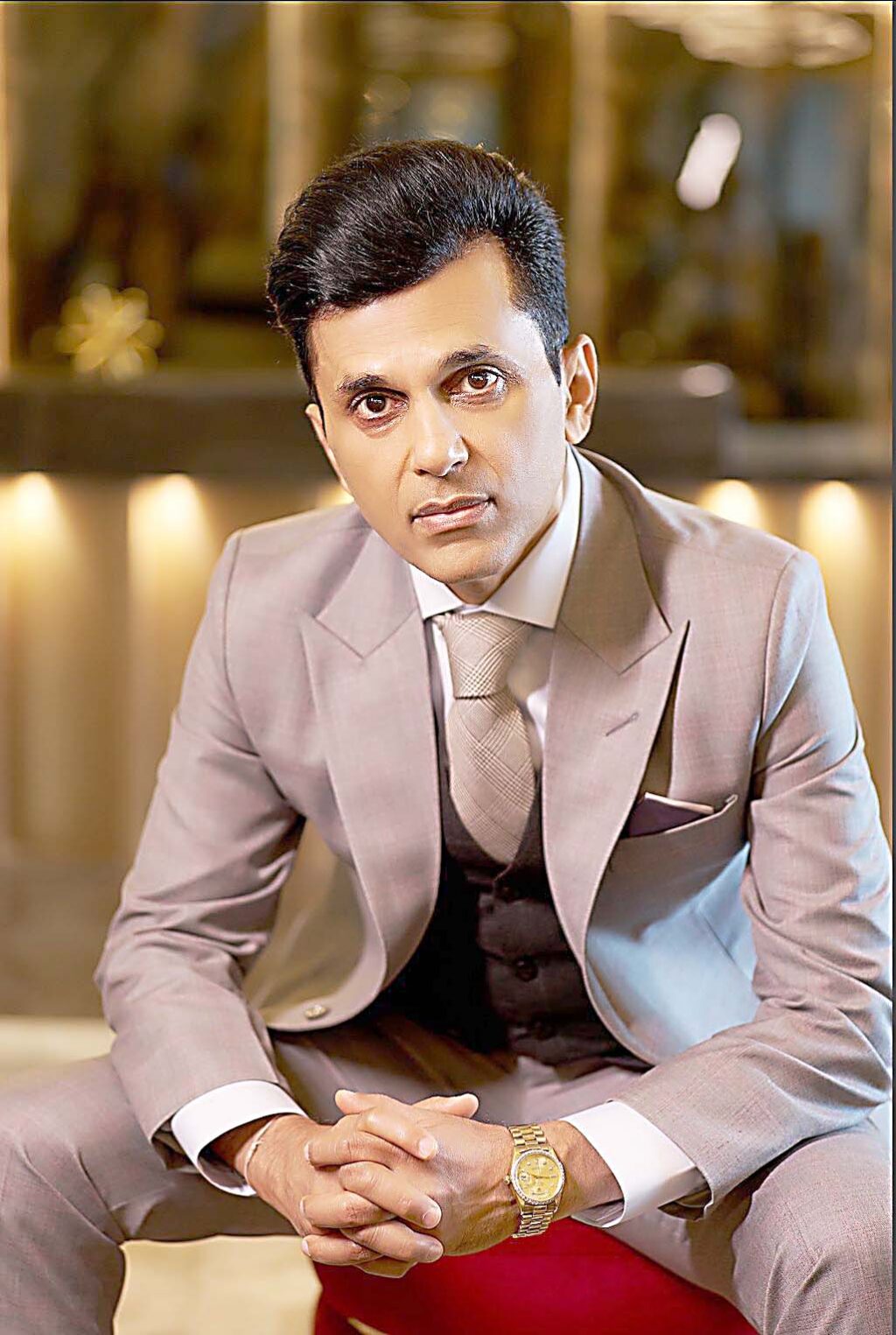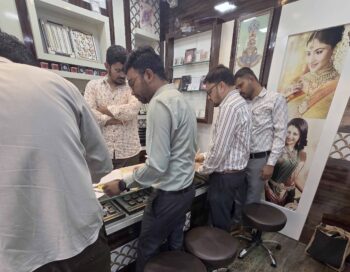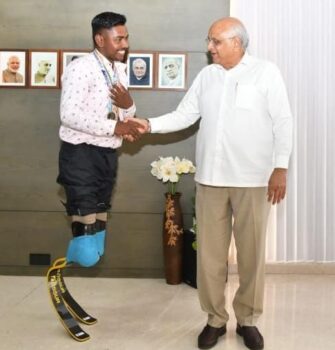“I would love to explore small-town India in search of authentic cinematic stories,” says producer Anand Pandit

The maker says, relatable narratives can be mined only from reality
Mumbai, With gritty procedurals, survival stories, family sagas and celebrations of the human spirit, regional films have been successfully demonstrating how to make relatable cinema. The recent success of films like ‘Ullozhukku’, ‘The Goat Life’, ‘Manjummel Boys’ (Malayalam) and ‘Fakt Purusho Maate’ (Gujarati) have demonstrated that audiences are increasingly gravitating towards films that ring true.
Producer Anand Pandit whose latest production ‘Fakt Purusho Maate’ has drawn family audiences in droves to theatres is well aware of this trend. He is busy making films in Marathi as well as in Kannada and is now keen to expand his slate to include more languages. He says, “I also intend to explore small-town India to search for authentic stories. The success of recent regional films has shown that relatable narratives can be mined only from reality. Every region in India has a rich repository of stories and cultural ethos and it would be fascinating to examine each milieu closely and find narratives that have never been told before.”
In his opinion, even though the silver screen will always have space for larger-than-life entertainers, there is now an undeniable audience demand for slice-of-life stories that reflect lived realities and authentic experiences of people living in smaller towns and rural India. “A film like ‘The Goat Life’ for instance carries an inherent realism that big-city narratives often lack. I would also like to find talent that can go beyond cookie cutter stories to enrich Indian cinema with a more diverse and nuanced portrayal of life, ” says Pandit.
His quest, he says, is not just about finding new stories but also about capturing the essence of undiscovered places, unique social and cultural mores. “The time to make films that do not just entertain but connect with audiences on a deeper emotional level, is here and as a maker, I want to make the most of this massive shift in Indian cinema.”




